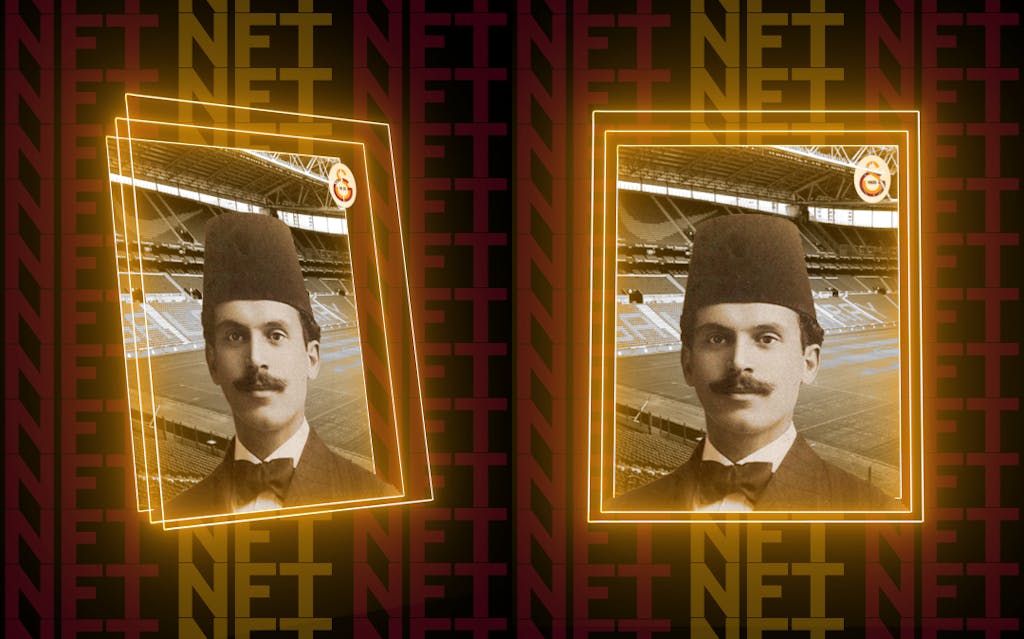Given the hype surrounding non-fungible tokens (NFTs) in the sports industry over the past year, clubs could be forgiven for wanting to dive head first into the space.
But an approach driven by fear of missing out – ‘FOMO’ – builds flawed foundations for sustainable growth, according to Capital Sports Media chief executive Tim Mangnall.
Capital Block, a division of Capital Sports Media, is advising an increasing number of sports clubs on their NFT strategies, and their first action is always to steer their clients away from the pitfalls of a short-term plan.
“Over the next two or three years, I think the most common mistake clubs will make will be to press ahead with a FOMO mindset and follow the money without having a clear strategy,” Mangnall says.
“If you are a club, you have to identify at the outset why you are doing this and what you want to achieve.
“Is it purely a revenue-generating tool? Is it about engagement and opening up to new followers? Is it designed to reward premium members? NFTs can support all these goals, but your fans must be at the heart of the answers to those questions.
“Ultimately, how is an NFT going to benefit your supporters? They are the heart and soul of your club and you will need to engage them and look at it from their perspective.”

Captive audience
While a small proportion of potential buyers in a club-level NFT project – perhaps between five and 10 per cent, and more for the giants of the game – may be national or international collectors, the bulk will be fans.
Therefore, unlike global NFT art communities like the Bored Ape Yacht Club, arguably the best-known collection in the space, a club has a finite but captive audience.
With that in mind, the fans’ active involvement is essential to build a fruitful community. Mangnall advises clubs to engage their supporters across a variety of channels, including Discord and Telegram, both popular social platforms amongst NFT enthusiasts.
“Whilst sports clubs have the best ready-made communities imaginable, it must be remembered that a club’s fan base is not the same as an NFT community,” he says.
“NFTs require fundamentally different marketing strategies and tools, and the conversations should begin several months in advance of any launch as, at the start, it is all about education, education, education.
“First you need to speak with your audiences and create a dedicated NFT page on your website to present the relevant information and explain what you are doing. Through that, you can outline how NFTs represent an opportunity to join an exclusive group of the biggest fans, and then you can begin to build the hype and detail the specific benefits as the NFT drop nears.”
Unlocking experiences
The key aspect of the process is to explain to fans what owning an NFT will unlock in terms of products and experiences.
Numerous digital assets can be created around historic and current stars and sporting action. But it’s the NFT’s utility that will “bring fan engagement to life”, Mangnall says.
Imagine, for example, an NFT bundled with a matchday experience or a reward, like an exclusive chance to receive a private, personalised message from the manager of the team, he adds.
“The combination of NFTs with real-life experiences can really enhance the exclusive feel and strengthen the community, as well as the bond between the fans and the club,” Mangnall says.
“The viewership for live sports is getting older, but NFTs will bring in a younger audience and connect with them,” Mangnall says. “NFTs represent the most exciting fan engagement opportunity for sports clubs for years, and particularly in relation to the younger demographic.
“It is possible to build a thriving community pretty quickly, and Capital Block can help with that.”

Sustainable approach
Although a club could create and drop NFTs in a matter of weeks, this is not recommended if a sustainable approach is the aim.
“We tell clubs that they need to be thinking in terms of the next three years as a minimum roadmap, as well as what the launches will entail and when they should happen,” Mangnall says.
“NFTs are so new that there will be mistakes along the way, and they aren’t just going to take off straight away. Clubs need to think carefully about how NFTs and their NFT community can be built over time.”
The difficulty is that many of those responsible for developing such projects at clubs are forced to focus on immediate results, albeit for understandable reasons.
“Most of the clubs we are speaking with do not know how to get started at all,” Mangnall adds. “Executives are under pressure from their chief executives about getting results quickly, given the crazy NFT values that they have seen in the media, and often the first question clubs ask us is: ‘How do we go about making this sort of money?’
“However, it is not as simple as simply wanting to offer an NFT and then offering it. It is not an easy task to draw in the audience, educate the fan base, build and offer a reason for them to get involved, identify the most effective assets, and then create the narrative and marketing around the drop. Capital Block can help with this journey, but NFTs need to be part of a long-term engagement strategy in order to maximise this immense opportunity.”

This piece was produced in partnership with Capital Block, the NFT advisory division of the Capital Sports Media agency. To find our more about the company’s services, click here.